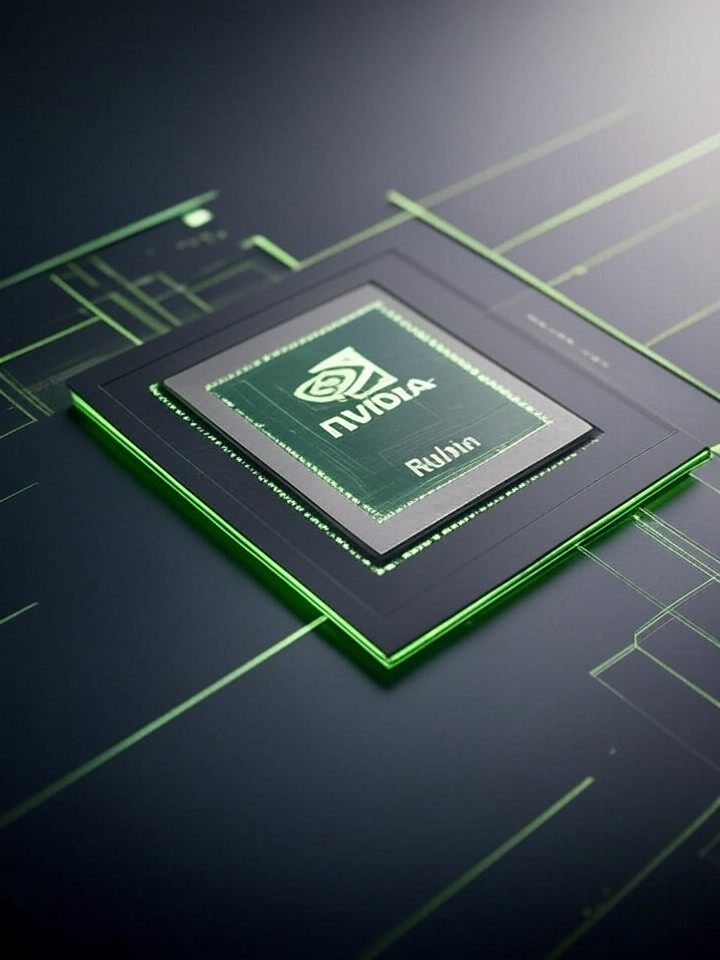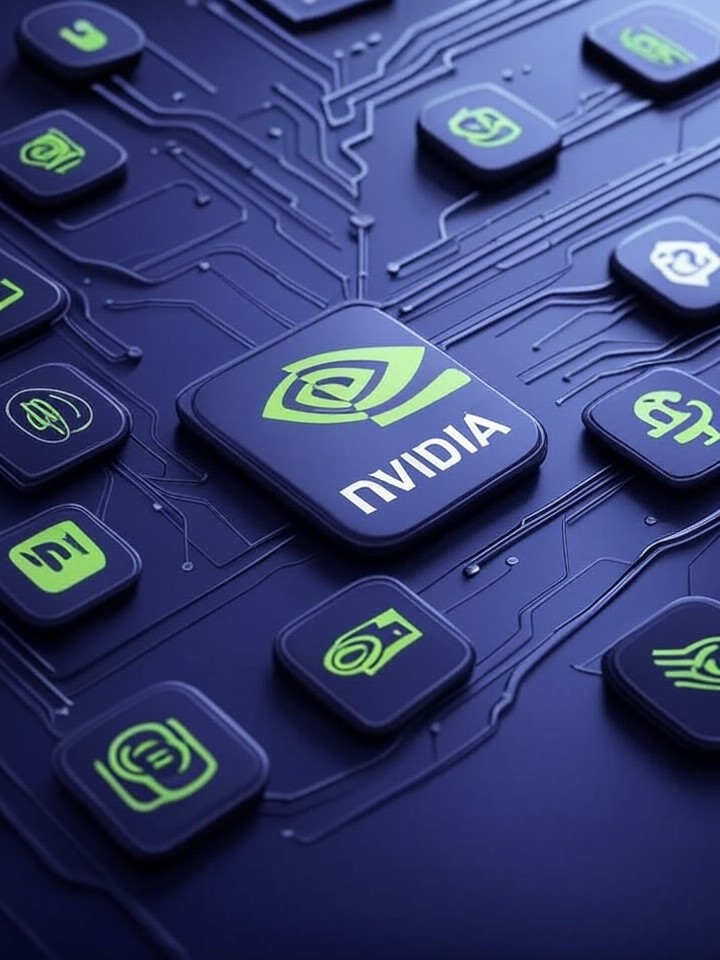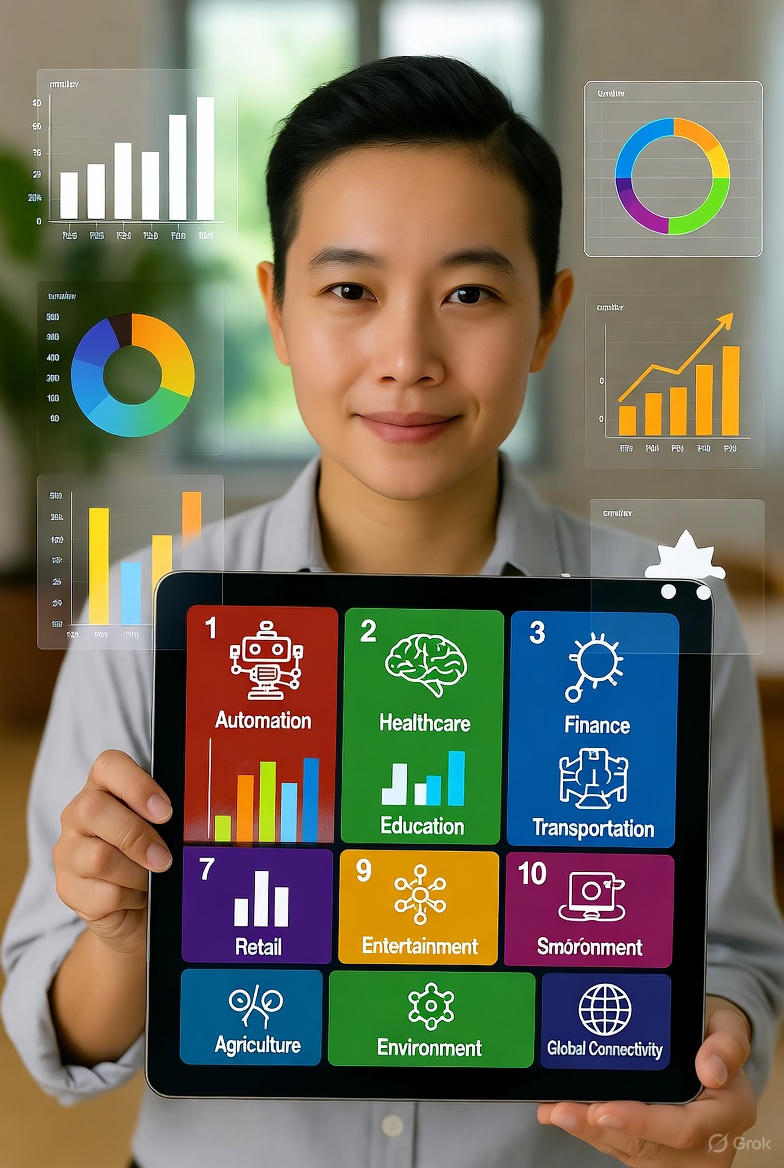How Artificial Intelligence Is Changing the Future of Work
As we continue to hurtle through the 21st century, the landscape of work is undergoing a profound transformation. A significant driver of this change is artificial intelligence (AI), a technology that is not just reshaping industries but is also redefining the very nature of work. In this comprehensive exploration, we delve into how artificial intelligence is changing the future of work and what it means for businesses and employees alike.
The Impact of Artificial Intelligence on the Job Market
Artificial intelligence is poised to impact the job market in unprecedented ways. While some fear that AI will lead to massive job losses, others argue that it will create new opportunities. The truth lies somewhere in between, with AI having the potential to automate certain tasks while simultaneously leading to the creation of new roles.
Automation of Repetitive Tasks
One of the most immediate effects of AI on work is the automation of repetitive tasks. AI technologies, such as machine learning algorithms and robotic process automation (RPA), excel at handling tedious and routine work, which can improve efficiency and reduce human error. For example, in industries like manufacturing and logistics, AI-powered robots handle assembly lines and inventory management, allowing human workers to focus on more complex tasks.
Creation of New Job Roles
While AI does automate certain jobs, it also creates new roles that require unique human skills. As AI systems become more prevalent, there is a growing demand for AI specialists, data scientists, and cybersecurity experts. Additionally, roles focusing on human-AI collaboration are emerging, where the human touch is essential for tasks such as overseeing AI operations or handling strategic decision-making.
Artificial Intelligence in Different Industries
AI is not limited to a single sector. Its influence spans across various industries, each experiencing transformation in distinct ways. Below are a few examples of how AI is impacting different fields.
Healthcare
In healthcare, AI is playing a crucial role in improving patient outcomes. Machine learning algorithms analyze medical data to assist doctors in diagnosis and personalized treatment plans. Furthermore, AI-driven robots perform surgeries with precision, leading to faster patient recovery times.
Finance
The finance sector significantly benefits from AI through enhanced data analysis, fraud detection, and customer service. AI systems analyze vast amounts of data to identify patterns and predict market trends, leading to informed investment decisions. Additionally, AI chatbots in customer service provide quick and efficient resolution to client inquiries.
Retail
AI revolutionizes the retail industry by enhancing customer experiences and optimizing supply chains. Machine learning models predict consumer preferences, allowing for personalized marketing strategies. Retailers also use AI to manage stock levels efficiently, reducing waste and ensuring that popular products are readily available.
Preparing for an AI-Integrated Workforce
As AI becomes more integrated into the workforce, both individuals and organizations must adapt to this shift. The key lies in embracing change and preparing for a future where AI and humans work side by side.
Upskilling and Reskilling
To thrive in an AI-driven world, continuous learning is essential. Employees need to upskill themselves in areas such as data analysis, digital literacy, and programming. Organizations play a role by investing in training programs that focus on building skills relevant to new technological advancements.
Fostering Human-AI Collaboration
Rather than viewing AI as a competitor, it’s crucial to see it as a collaborator. Businesses can harness the power of AI to augment human capabilities rather than replace them. For example, AI can handle data-heavy tasks, enabling employees to devote more time to strategic activities and creative problem-solving.
Ethical Considerations and Challenges
While the potential benefits of AI are vast, there are ethical considerations and challenges that must be addressed to ensure a balanced integration into the workforce.
Data Privacy and Security
With AI systems relying heavily on data, ensuring data privacy and cybersecurity is paramount. Organizations must implement robust frameworks to protect sensitive information from breaches and misuse.
Job Displacement Concerns
Another significant challenge is addressing job displacement fears among workers. Companies should prioritize transparency, communicate effectively with employees, and develop transition plans to mitigate the adverse effects of automation on the workforce.
Conclusion
Artificial intelligence is undeniably changing the future of work, presenting both challenges and opportunities. By embracing AI, businesses can unlock unprecedented levels of productivity, innovation, and efficiency. However, it is crucial to approach this transformation with a balanced perspective, addressing ethical considerations and equipping workers with the skills they need for an AI-augmented future. As we navigate this new era, a collaborative approach between humans and machines will pave the way for a prosperous and inclusive workforce.











